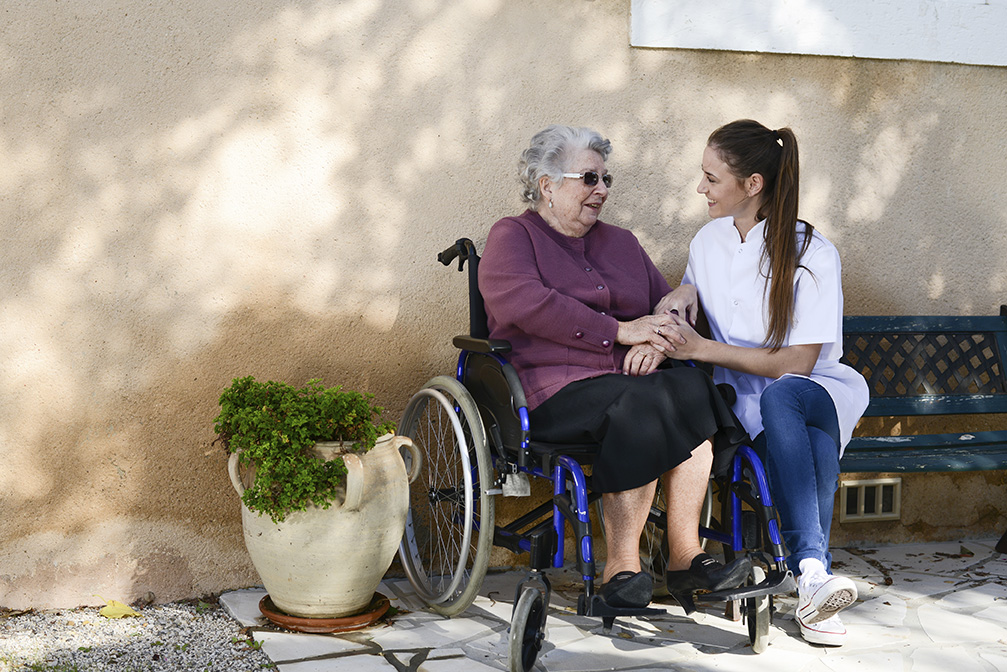Don’t need it, don’t read it.
You have access to personal health information only as necessary to fulfill your role at Circle of Care. Use only what you need to provide care or services as a volunteer involved with the client.
Don’t leave detailed voicemail for clients.
Take care in leaving messages at clients’ homes; make sure you have their consent, or use discretion in the details you do leave. You do not know who will be listening to that message.
Secure your devices.
You are required to follow Circle of Care’s policy on encryption and password protection of mobile devices. This includes laptops, phones, USB keys and other devices used to store personal health information.
Shred.
Use the secure shredding boxes provided by the agency. Be vigilant to never place confidential material, including personal health information, in recycling bins.
Faxes/Voicemail/Emails.
Check and check again – know to whom you are sending faxes and voicemails, and especially email dropdowns. One slip of the finger could mistakenly send a message to the wrong person or a large group, which is a privacy breach. Immediately delete emails with client information once you take down pertinent information.
Safeguard your work-related records and network access.
Take care not to lose or misplace any records that could contain patient information or other proprietary information. Do not share your network access credentials (user ID and password) and take care to log off your electronic session each time. Random audits are performed and you are responsible for any use of your credentials.
Consent.
Take a moment to think about whether you need client consent (or if incapable, their substitute decision-maker) to share certain information. Don’t assume it’s okay to share with others around them.
Be careful of casual conversations in public places.
Talking about clients in a public area such as elevators, with your family members/friends, or on social media, is a privacy breach and compromises client trust. Be aware of your surroundings when you are in a public place. If you are visiting a client and someone is dropping you off, they should do so a block away so that they do not know which house you are visiting.
Use common sense.
Using good judgment and common sense are crucial to protecting client privacy. Put yourself in the position of your client as you look for ways to ensure compliance with our policies and practices.
Ask for help. Privacy is everyone’s responsibility and there are many resources available to help you.
If you have questions or concerns about privacy or security of personal health information, contact Volunteer Resources. Remember: Any theft, loss, or unauthorized access to personal health information must be immediately reported to Volunteer Resources.
Lock up route sheets.
After delivering meals, either mail back the route sheet immediately, or place in your locked glove compartment. Family members or friends in your vehicle should not have access to them.
Take your cue from the client.
If you are taking a client out in public and meet up with one of their friends, let the client introduce you. They may not want their friends to know you are a volunteer. If you are out in public with a friend/family member and you see your client, let them
come to you. You are not being rude by not approaching them, but rather respecting their privacy.

